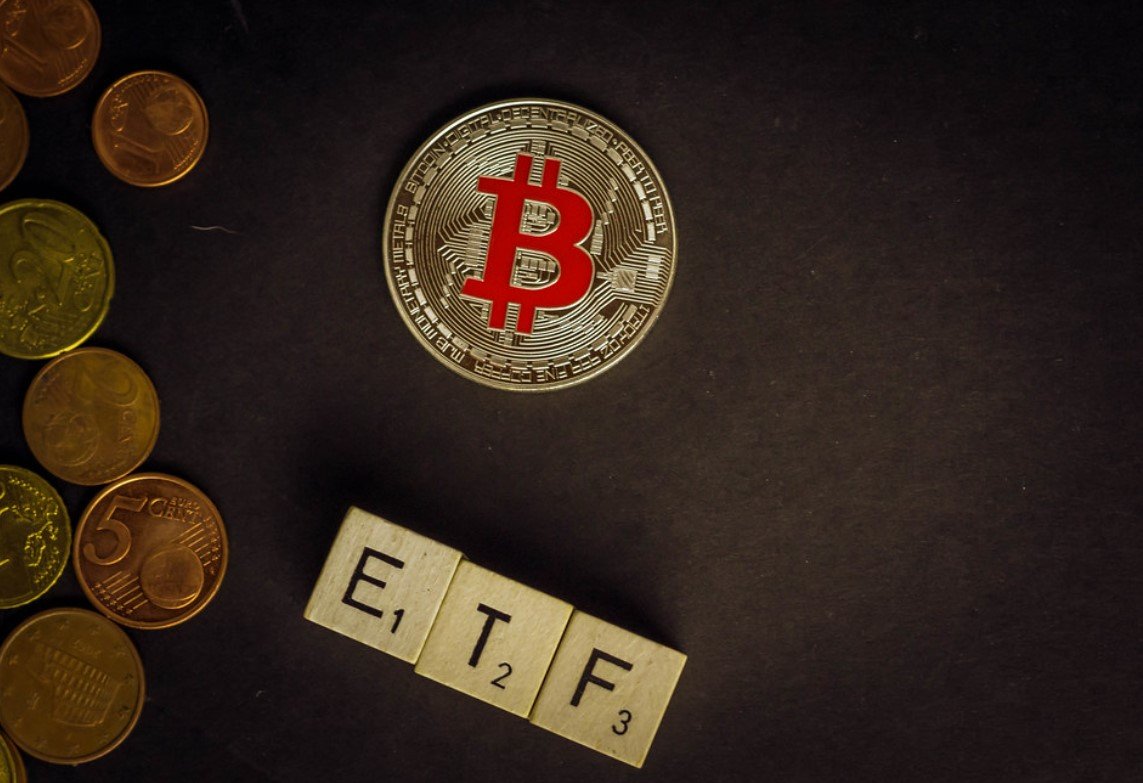Bitcoin, the world’s largest and most popular cryptocurrency, has soared above $61,000 on Wednesday, nearing its all-time high of $68,800 set in November 2021. The rally was driven by a surge in demand for Bitcoin exchange-traded funds (ETFs), which offer investors a new way to gain exposure to the digital asset.
What are Bitcoin ETFs and why are they important?
Bitcoin ETFs are investment products that track the price of Bitcoin and trade on regulated stock exchanges. They allow investors to buy and sell Bitcoin without having to deal with the technical and security challenges of holding the cryptocurrency directly. Bitcoin ETFs also provide more liquidity, transparency, and regulatory oversight than other crypto platforms.
Bitcoin ETFs are seen as a major catalyst for the growth and adoption of the crypto market, as they attract more institutional and retail investors, especially those who are wary of the volatility and risks of the crypto space. Bitcoin ETFs also increase the legitimacy and credibility of Bitcoin as an asset class, as they demonstrate the recognition and approval of the regulators and the mainstream financial system.

How did Bitcoin ETFs boost the Bitcoin price?
The Bitcoin price surge was triggered by the launch of the first Bitcoin spot ETFs in the US in mid-January 2024. The US Securities and Exchange Commission (SEC) approved nine Bitcoin spot ETFs, which are backed by physical Bitcoin rather than futures contracts. The SEC’s decision was a historic milestone for the crypto industry, as it marked the end of a long and uncertain regulatory process that spanned several years and multiple rejections.
The Bitcoin spot ETFs have been met with overwhelming demand from investors, who poured billions of dollars into the products in the first few weeks of trading. According to Farside Investors, a crypto data provider, the net cumulative Bitcoin spot ETF inflows surpassed $6.7 billion on February 27. The largest and most popular Bitcoin spot ETF is the iShares Bitcoin Trust (IBIT), which is managed by BlackRock, the world’s largest asset manager. IBIT has attracted more than $6.5 billion in inflows, followed by Fidelity Wise Origin Bitcoin Trust (FBTC) with $4.5 billion.
The massive inflows to the Bitcoin spot ETFs have boosted the demand and supply dynamics of the Bitcoin market, as the ETF providers have to buy and hold Bitcoin to back their products. This has reduced the amount of Bitcoin available on the market, creating a scarcity effect that drives up the price. The Bitcoin spot ETFs have also increased the visibility and awareness of Bitcoin among the general public, as they are listed and traded on major stock exchanges such as the New York Stock Exchange and the Nasdaq.
What are the other factors influencing the Bitcoin price?
Apart from the Bitcoin ETFs, there are other factors that have contributed to the bullish momentum of the Bitcoin price. Some of these factors are:
- The macroeconomic and geopolitical environment, which has increased the demand for alternative and safe-haven assets amid inflation, debt, and uncertainty. Bitcoin is seen as a hedge against currency devaluation and a store of value in times of crisis.
- The innovation and development of the crypto ecosystem, which has improved the usability, functionality, and security of the crypto platforms and services. Bitcoin is supported by a robust and diverse network of developers, miners, exchanges, wallets, and other stakeholders who constantly upgrade and enhance the technology and infrastructure of the crypto space.
- The adoption and endorsement of Bitcoin by prominent individuals, institutions, and governments, which has increased the trust and confidence in the crypto market. Bitcoin has gained the support and recognition of influential figures such as Elon Musk, Jack Dorsey, and Michael Saylor, as well as leading corporations such as Tesla, MicroStrategy, and Square. Bitcoin has also been legalized and regulated by some countries such as El Salvador, Ukraine, and Panama.
What are the challenges and risks facing the Bitcoin market?
Despite the impressive rally, the Bitcoin market is not without challenges and risks. Some of the potential hurdles and threats are:
- The volatility and unpredictability of the Bitcoin price, which can experience significant fluctuations and corrections due to various factors such as market sentiment, news events, technical issues, and manipulation. Bitcoin is still a highly speculative and risky investment, which requires careful research and analysis before entering.
- The competition and diversification of the crypto market, which can reduce the dominance and relevance of Bitcoin in the long term. Bitcoin faces competition from other cryptocurrencies, especially Ethereum, which offers more functionality and innovation than Bitcoin. Bitcoin also faces competition from other emerging technologies, such as central bank digital currencies (CBDCs), which could challenge the role and value of Bitcoin as a global digital currency.
- The regulation and taxation of the crypto market, which can pose legal and compliance challenges for the Bitcoin investors and users. The crypto market is still subject to varying and evolving rules and regulations across different jurisdictions, which can create uncertainty and complexity for the crypto participants. The crypto market is also subject to taxation and reporting obligations, which can affect the profitability and privacy of the crypto transactions.
What is the outlook and forecast for the Bitcoin market?
The Bitcoin market is expected to continue its upward trajectory in the near future, as the demand and interest for the crypto asset remain high. The Bitcoin market is also expected to benefit from the positive spillover effects of the Bitcoin ETFs, which could pave the way for more crypto products and services in the future. The Bitcoin market is also expected to witness more innovation and development, as the crypto industry strives to improve the scalability, efficiency, and security of the crypto platforms and protocols.
However, the Bitcoin market is also likely to face some volatility and uncertainty, as the crypto space is still subject to various external and internal factors that can influence the price and performance of the crypto asset. The Bitcoin market is also likely to face some competition and diversification, as the crypto space becomes more crowded and complex with new and existing players and projects. The Bitcoin market is also likely to face some regulation and taxation, as the crypto space becomes more mainstream and integrated with the traditional financial system.
Therefore, the Bitcoin market is a dynamic and exciting space, which offers both opportunities and challenges for the crypto investors and enthusiasts. The Bitcoin market is a space that requires constant monitoring and evaluation, as well as careful and informed decision-making.



















